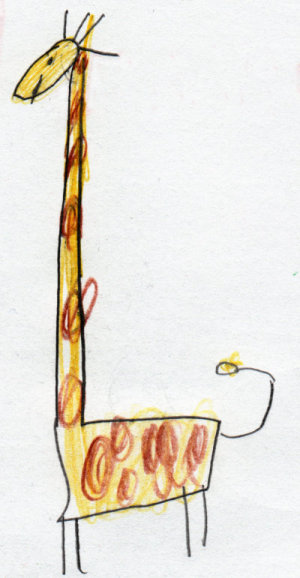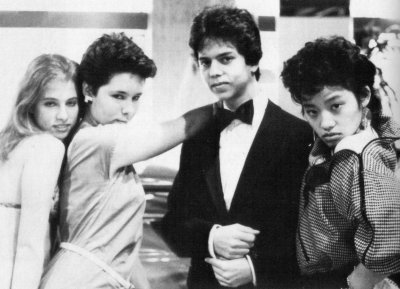Late one night in college I was walking home from my friends’ house along Ellsworth Avenue in Pittsburgh. As I neared Negley Avenue I apprehensively observed a small gang of young black men coming toward me from the other direction. (I’m white.) I say “gang” because the similarity of their attire was conspicuous — they all wore white pants and white windbreakers.
My apprehension was mixed with shame at the knee-jerk racism of that reaction. As they and I closed the gap, I determined to employ my New York City street smarts to avoid eye contact while showing no fear. I’d walked harmlessly by tough-looking individuals and groups thousands of times. There was no reason to think this time would be any different.
We passed each other, and without warning one of the gang lashed out with his fist, catching me in the jaw and knocking me flat on my back. For one terrifying, helpless moment I believed their fun was just beginning and that the others would get in their licks; but then they simply continued on their way.
For several long seconds I couldn’t move. I was seeing stars; the wind had been knocked out of me; I was bleeding. I could feel my jaw swelling up moment by moment. I could not believe that I had just become a victim of racial violence (for what else could it have been?).
That’s when the allegorical thing happened. A man who’d witnessed the attack hurried over to me from across Ellsworth Avenue. He helped me sit up and asked if I was OK. He stopped me from trying to stand until I’d had a moment to recover, sitting with me on the curb and waiting patiently for my head to stop spinning. Then he helped me to my feet. He asked me what had provoked the incident and expressed outrage and dismay when I told him nothing had. He offered to escort me to Shadyside Hospital, just a couple of blocks away; I politely declined. He asked if there was anything else he could do. I told him I was OK to continue on my way and thanked him profusely.
If my attackers were devils, this man was a saint. And he, too, was black.
I haven’t told this story too often compared to some of my others. Part of the reason is, who wants to tell a story about being helpless and afraid? But another part was my confusion, frankly, about how to cast the role of race in this story. I’m fairly sure that if my attackers hadn’t been black or I hadn’t been white, there would have been no attack. But like a good liberal I wanted to be politically correct, disregard our respective skin colors, and make the attackers into four generic people who were only strikingly antisocial.
But thanks to the lesson Barack Obama sought to teach us yesterday I can acknowledge that race in America is a complicated issue, and we only perpetuate the problems — I do — by ignoring them or by pretending they’re easier than they are.
Yes, it was wrong to react with apprehension to the sight of four black men; but yes, it was also naïve to ignore my intuition. Yes, the men who attacked me were pathologically maladjusted individuals, the polar opposites of the kind stranger who helped me, proving I should judge them all not “by the color of their skin but by the content of their character”; but yes, their pathology was likely to be rooted one way or another in race.
Yes, it’s all difficult and confusing; but yes, it’s time to get the difficulty and confusion into the open and air it out. Until now we’ve all pretended that acting color-blind is the way to achieve racial justice, but it isn’t. The real answer is to admit we don’t yet have an answer, but to take the first step anyway of agreeing on the goal of universal equality.
There’s no black, there’s no white
Where is wrong? Where is right?
I’m confused and unable to say
How does a man find his way in a world full of grey?
— Oscar Brown Jr.


 Years later I wrote a programming book for O’Reilly and Associates, a publisher known for decorating their book covers with animals. Their popular title Programming Perl is colloquially known as “the camel book,” for instance. I was hoping for a dog on my cover (after all,
Years later I wrote a programming book for O’Reilly and Associates, a publisher known for decorating their book covers with animals. Their popular title Programming Perl is colloquially known as “the camel book,” for instance. I was hoping for a dog on my cover (after all, 



 But in all it was a lot of fun. The high point was when the manager suggested I climb into the driver’s seat of a gleaming red 308 (oh okay) and handed me the keys… to lower the window. We took a few shots like that, the girls trying to arrange their faces around the window as I gripped the wheel of a Ferrari.
But in all it was a lot of fun. The high point was when the manager suggested I climb into the driver’s seat of a gleaming red 308 (oh okay) and handed me the keys… to lower the window. We took a few shots like that, the girls trying to arrange their faces around the window as I gripped the wheel of a Ferrari.